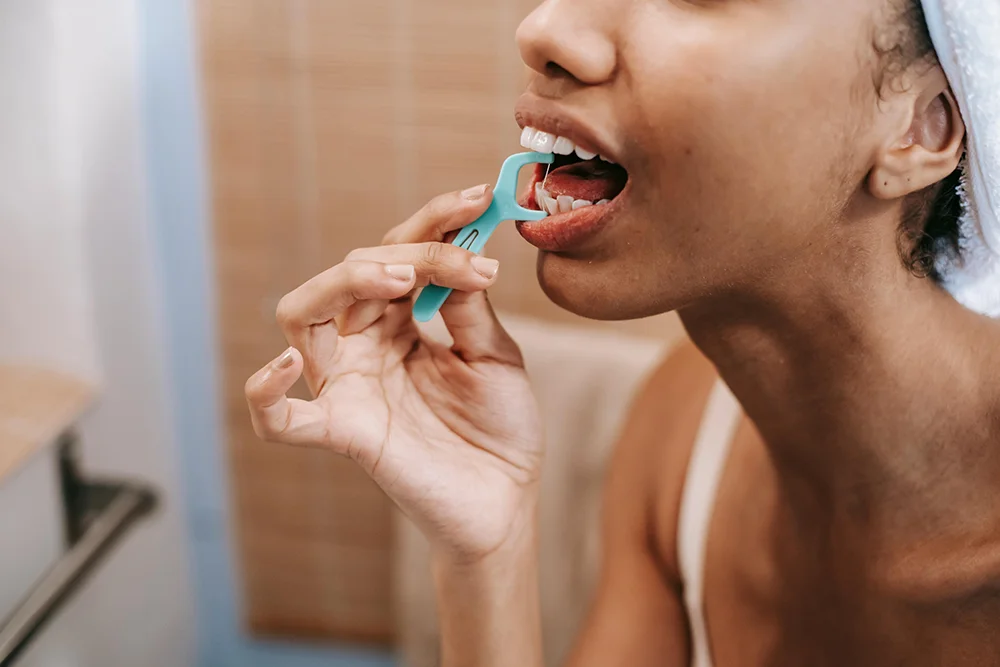Do You Floss Before or After Brushing Teeth?

Maintaining proper oral hygiene is essential for a healthy smile, but the question of whether to floss before or after brushing teeth often leaves people puzzled. Is there a correct sequence, or does it even matter? Let’s delve into this common dental dilemma and explore the best practices for achieving optimal oral health.
Flossing Before Brushing
Some dental professionals advocate for flossing before brushing teeth, citing several reasons. By flossing first, you can dislodge food particles and plaque from between your teeth and along the gum line, making it easier for toothbrush bristles to access these areas during brushing. Flossing beforehand also ensures that fluoride from toothpaste can reach more surfaces of your teeth, providing enhanced protection against decay and gum disease.
Additionally, flossing before brushing allows you to remove debris from hard-to-reach areas, reducing the risk of bacteria buildup and potential dental issues. This sequence also prevents bacteria from being pushed deeper into the gums or between teeth during brushing, promoting overall oral hygiene and gum health.
Flossing After Brushing
On the other hand, some individuals prefer to floss after brushing their teeth. This approach allows them to use dental floss as a final step to remove any remaining plaque or food particles that may have been dislodged during brushing. Flossing after brushing can also give a sense of thoroughness, ensuring that all surfaces between teeth are cleaned effectively.
Furthermore, flossing after brushing allows toothpaste residue, containing fluoride and other beneficial ingredients, to remain on teeth for a longer period, providing prolonged protection against cavities and enamel erosion. This method may be particularly beneficial for individuals with sensitive gums or teeth, as brushing first can help to desensitize the mouth before flossing.
The Best Approach
Ultimately, whether you choose to floss before or after brushing your teeth depends on personal preference and individual oral health needs. Both methods have their advantages, and the most important factor is to ensure thorough cleaning of all tooth surfaces and interdental spaces.
Regardless of the sequence, the key is consistency. Establishing a daily oral hygiene routine that includes both brushing and flossing is crucial for preventing dental problems and maintaining a healthy smile. Remember to use proper technique when flossing, gently guiding the floss between teeth and along the gumline to remove plaque and debris effectively.
Contact Dr. Bobby Chhoker for Expert Dental Advice
If you have any questions or concerns about your oral hygiene routine, don’t hesitate to seek guidance from a qualified dental professional. Dr. Bobby Chhoker and his team are dedicated to providing comprehensive dental care tailored to your individual needs. Whether you need advice on flossing techniques or want to schedule a dental check-up, we’re here to help.
Contact Dr. Bobby Chhoker today to schedule an appointment and take the first step towards a healthier smile.
